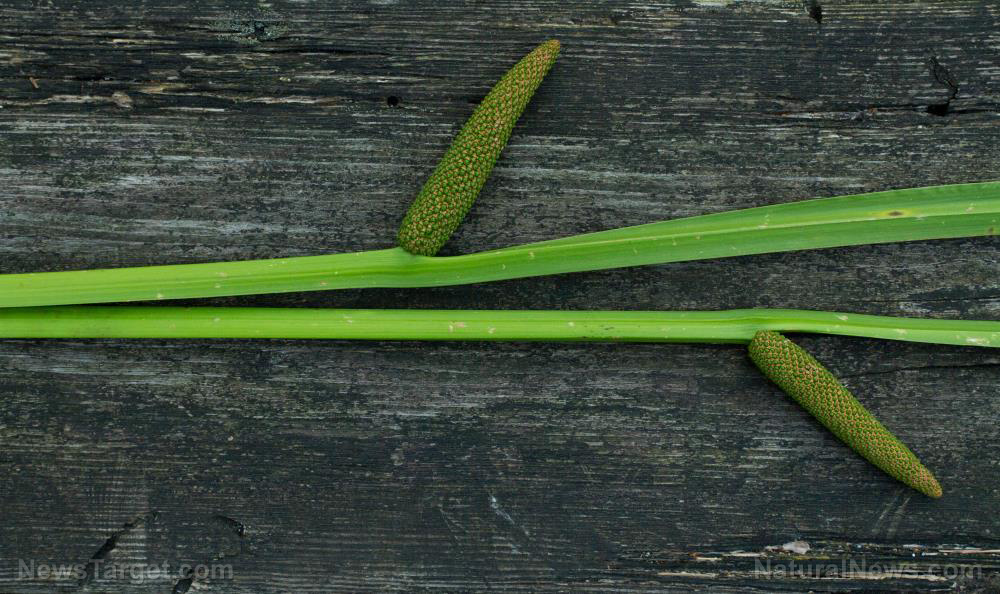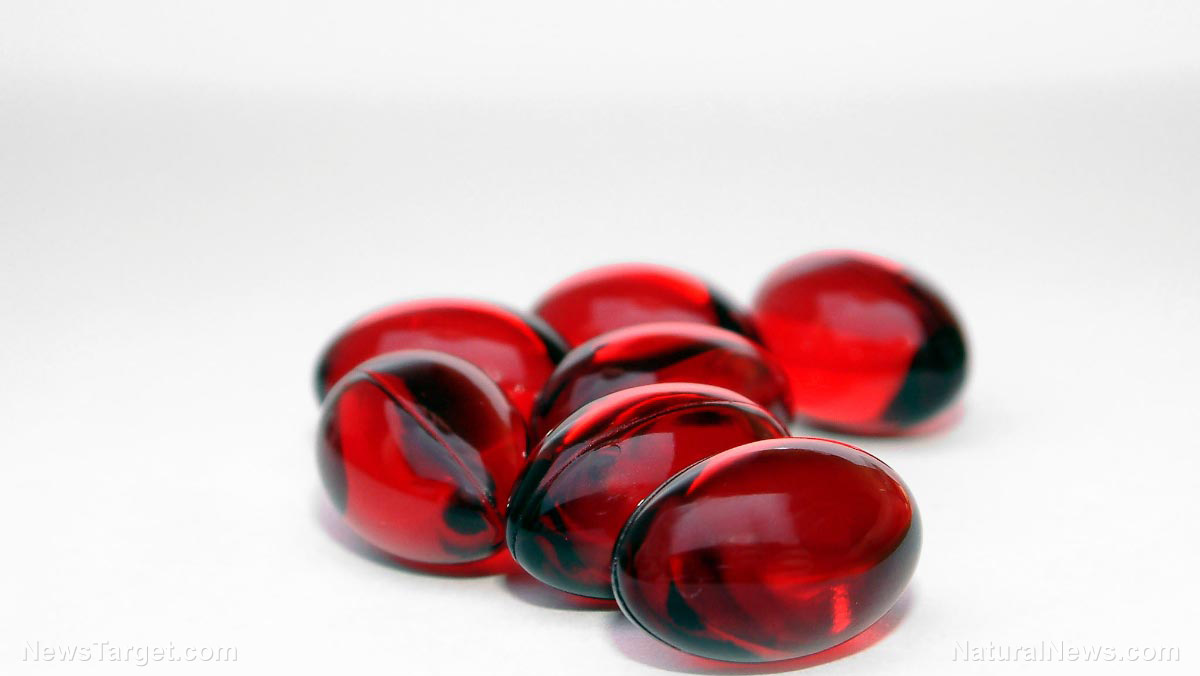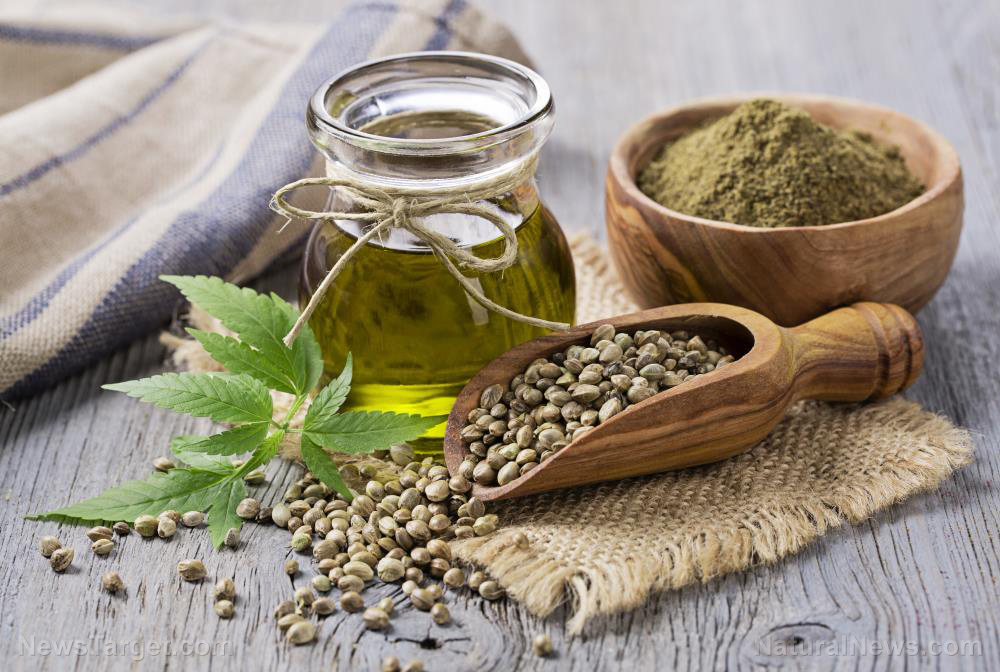The herb vacha confirmed to have potent antioxidant properties
12/03/2019 / By Melissa Smith

Vacha, scientifically known as Acorus calamus, is an herb widely used in Ayurvedic medicine. Also known as sweet flag or buch plant, vacha is used to treat various ailments, including epilepsy, mental illness and rheumatism. It also exhibits potent antioxidant effects, according to a study published in the journal Food Science and Human Wellness.
In the study, a team of researchers from the University of Mysore in India looked at the potential protective effect of the rhizome extracts of vacha against oxidative damage. They determined the antioxidant potential of different solvent extracts of vacha rhizome in lab and animal trials.
Oxidative damage causes cell or tissue injury, which contributes to the aging process and the development of degenerative diseases, such as atherosclerosis, cancer, diabetes, heart disease, liver damage and Alzheimer’s disease. (Related: Oxidative stress and inflammation – two things that age humans the fastest.)
In the study, the researchers discovered that the benzene vacha rhizome extract exhibited the most powerful free radical scavenging activity. It also protected DNA and mitochondria from oxidative damage.
Stress can promote the production of free radicals and oxidative damage. In the animal trial, the researchers induced stress in rats by putting them in a forced swimming exercise. Before exposing the animals to stress, the researchers treated them with benzene vacha rhizome extract.
The results showed that the extract effectively prevented stress-induced reductions in total plasma antioxidant activity. The researchers also found that the minimum effective dose of the benzene extract was 5 milligrams per kilogram (mg/kg) body weight. At this dose, its effect was similar to the same dose of ascorbic acid (vitamin C), a standard antioxidant. Based on the results of the study, the researchers concluded that vacha possesses powerful antioxidant effects against oxidative damage.
Vacha helps prevent anxiety and memory loss
A study published in the International Journal of Preventive Medicine also suggested that vacha could help prevent memory impairment in older adults. The herb works by fighting neuroinflammation and oxidative stress that primarily cause brain aging.
In the study, researchers from Isfahan University of Medical Sciences and Tabriz Medical University in Iran examined the antioxidant effects of vacha on memory loss and anxiety on lipopolysaccharide (LPS)-induced neuroinflammation in rat models.
The researchers induced neuroinflammation in rats by injecting LPS. Then, they treated them with vacha extracts and put them to behavioral tests on days 24, 25, and 26. On the day after the last behavioral test, the rats were sacrificed and the researchers isolated their hippocampus to measure oxidative stress markers.
Results showed that the rats treated with vacha extract exhibited better performance and lower stress levels in the behavioral tests than the control groups. In addition, the former had higher antioxidant activities in their hippocampus than those of the latter.
Furthermore, the researchers discovered that treatment with 600 mg/kg dose of aqueous vacha extract resulted in the best performance in behavioral tests, the lowest level of stress, and the least oxidative stress markers in rats. Taken together, the researchers concluded that vacha extract, especially the aqueous fraction, can help prevent memory loss and fight stress by regulating oxidative stress and inflammation.
Visit Antioxidants.news to read more articles on the importance of antioxidants in preventing degenerative diseases.
Sources include:
Submit a correction >>
Tagged Under:
alternative medicine, anti-aging, antioxidants, Ayurveda, brain health, disease treatments, herbal medicine, Herbs, inflammation, natural cures, natural medicine, prevention, remedies, research, vacha
This article may contain statements that reflect the opinion of the author
RECENT NEWS & ARTICLES
BrainHealthBoost.com is a fact-based public education website published by Brain Health Boost Features, LLC.
All content copyright © 2018 by Brain Health Boost Features, LLC.
Contact Us with Tips or Corrections
All trademarks, registered trademarks and servicemarks mentioned on this site are the property of their respective owners.





















